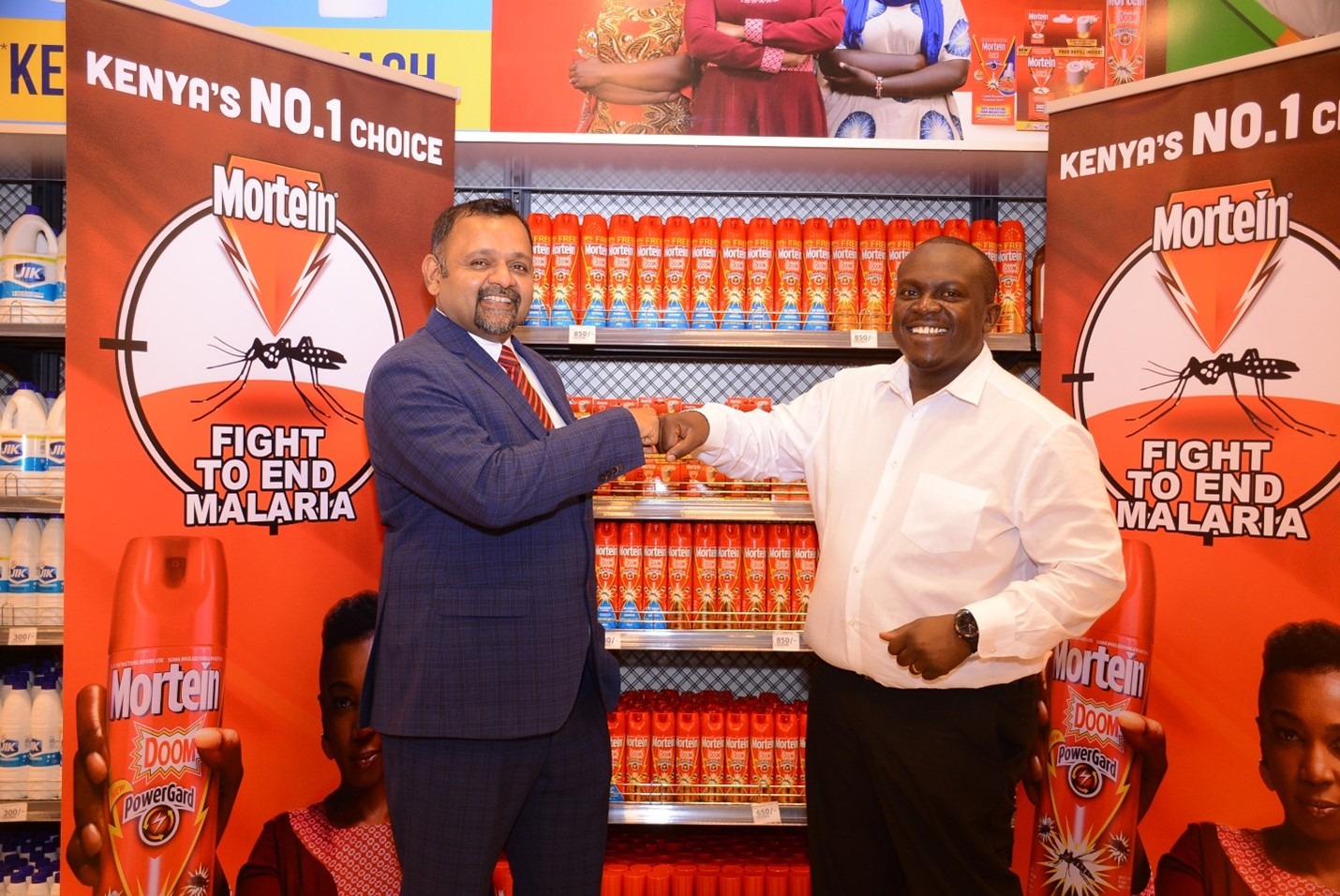advertisement
How Can Tech Innovation Help in Fight Against Malaria?

As the world marks the World Malaria Day, there continues to be need for technology to plug in and play a part in the fight against Malaria.
Reckitt East Africa’s General Manager, Asif Hashimi, has urged Kenyan techies to lead in innovation that will help Africa fight against Malaria. There needs to be use of innovative mobile technologies to track outbreaks of malaria, movement of people and mosquito patterns coupled with strategic partnerships between government and stakeholders can help win the fight to end malaria.
Leveraging on smartphones to mine data, the Mortein Doom maker said, will also improve flow of quality and timely data across different levels of health systems and help healthcare providers, policy and decision makers improve quality of service delivery.
advertisement
“Many malaria-endemic countries continue to experience high levels of morbidity and mortality from malaria. Both public and private players need to rapidly accelerate use of every available tool to control the spread of malaria including use of treated mosquito nets, sprays and electric mosquito repellents to ultimately eradicate malaria. Through our Mortein brand, we have been strengthening strengthen supply of these key anti-malaria commodities throughout the region,” said Reckitt East Africa General Manager Asif Hashimi.
Mortein has entered into a strategic collaboration with top retailer Naivas to create awareness on Malaria in the country in a bid to enhance prevention methods.
He went on to add digital platforms for sharing data via a mobile ecosystem will help malaria actors and stakeholders monitor the spread of malaria infection disease and subsequently identify the “hot spots” of malaria outbreaks and know how to respond.
advertisement
“Continued population education through social media platforms of Facebook, Twitter, Instagram and even TikTok will be useful in achieving social and behavioral change that will help us in the fight to end malaria,” he added while speaking in Nairobi on World Malaria Day.
Malaria.org shows that a long-term global commitment to innovate and scale up delivery proven tools has helped the global community to save 10.6 million lives and prevent 1.7 billion new malaria infections over the last two decades.
Over the period, Reckitt has played an integral role by introducing to market an array of Mortein Doom, products from the Aerosols to the Liquid Electrical Insecticides, to cater to citizens at different levels in the society.
advertisement
To create awareness around malaria infection and education on preventive measures, the company has been successful in pushing messages to target audiences through its digital platforms.
Now, the company is calling for more robust public private partnerships to address the existing digital divide between rural and urban communities to unlock opportunities that will make it possible to effectively harness technologies especially in rural Africa where digital access is still out of reach for many people.
“Public Private Partnerships (PPPs) will be vital in ending malaria, with governments creating an enabling environment and policy framework that will encourage innovation while private sector drives the necessary technology key to the campaign,” said Asif Hashimi.
Kenya has an estimated 3.5 million new clinical cases and 10,700 deaths each year, with those living in western Kenya having a high risk of malaria, according to Centers for Disease Control and Prevention (CDC).
In 2020, there were an estimated 241 million cases of malaria worldwide.